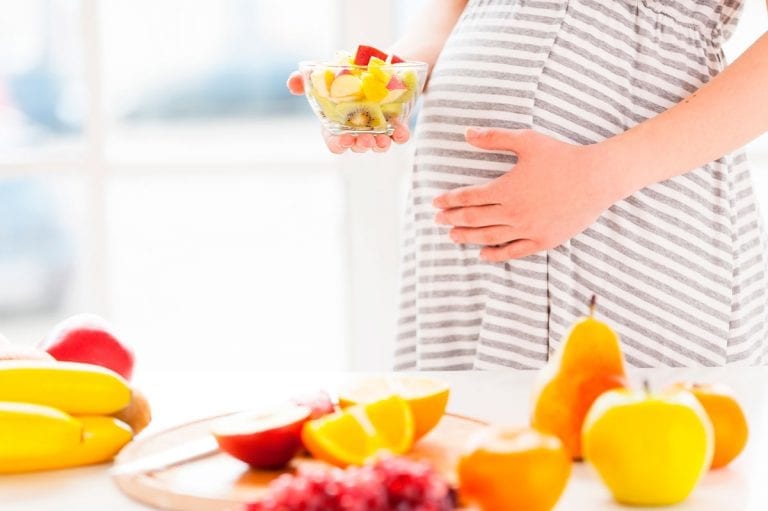While it used to be the case that women used pregnancy as a license for unrestrained eating, we now know that what you eat and how much you eat can have an effect on the overall health of your pregnancy and baby.
You can use the latest research findings to hone your eating strategies for each trimester.
Also read: Your diet can effect your baby’s brain development
First Trimester:
Morning Sickness Relief
Morning sickness can be miserable. Sadly though, a review of the latest research shows that all of the common remedies—from ginger tea to vitamin B6—failed in rigorous research to cure the nausea and vomiting common during the first weeks of pregnancy. While these popular options showed some limited benefit for some women, there wasn’t enough of a benefit across the board to recommend them for all women, says lead researcher Dr Anne Matthews, of the School of Nursing at Dublin City University in Dublin Ireland. “We were also unable to obtain much information about whether these treatments are actually making a difference to women’s quality of life.”
So, what’s a green-around-the-gills mom to do? Combat any loss in nutrition with daily prenatal vitamins. Try starting the day right by munching on a few saltine crackers before rising, as well as waiting until after breakfast before brushing your teeth to keep your stomach soothed.
Second Trimester:
Emphasize Healthy Eating
What’s great nutrition for all Americans also works for you and your baby. New dietary guidelines from the USDA and HHS recommend filling half of your plate with fruits and veggies at every meal or snack, and “you’ll be eating more of what your body needs to be healthy and at your optimum weight,” said Elizabeth Pivonka, PhD, RD, president and CEO of Produce for Better Health Foundation (PBH).
Third Trimester:
Ramping Up for Birth
Keeping your blood pressure under control and getting adequate rest and activity each day go hand-in-hand with healthy eating to help lower your risks for preterm birth, experts say. The latest headlines are now exploring a link between moderate fish intake and reduced early birth risks, according to Obstetrics & Gynecology.
“Eating fish has been associated with reductions in preterm birth, increased duration of pregnancy, or both reductions in preterm birth and increased duration of pregnancy,” in some studies, says lead author Mark A. Klebanoff, MD, MPH, from Nationwide Children’s Hospital in Columbus, OH, and his colleagues from the Eunice Kennedy Shriver National Institute of Child Health and Human Development (NICHD) Maternal-Fetal Medicine Units Network.
Their work specifically observed reduced preterm birth risks when consuming up to 3 healthy fish meals a week as compared to pregnant women who ate only 1 fish meal a week. Since mercury in fish is a concern, choose safer fishes high in Omega 3 fatty acids, such as wild-caught salmon.
Did you know?
During your pregnancy, you need only an extra 150 to 300 calories per day to supply your body with the energy it needs to grow a healthy baby. That’s as simple as a sliced apple with peanut butter or low-fat yogurt with fresh fruit.






Comments are closed.